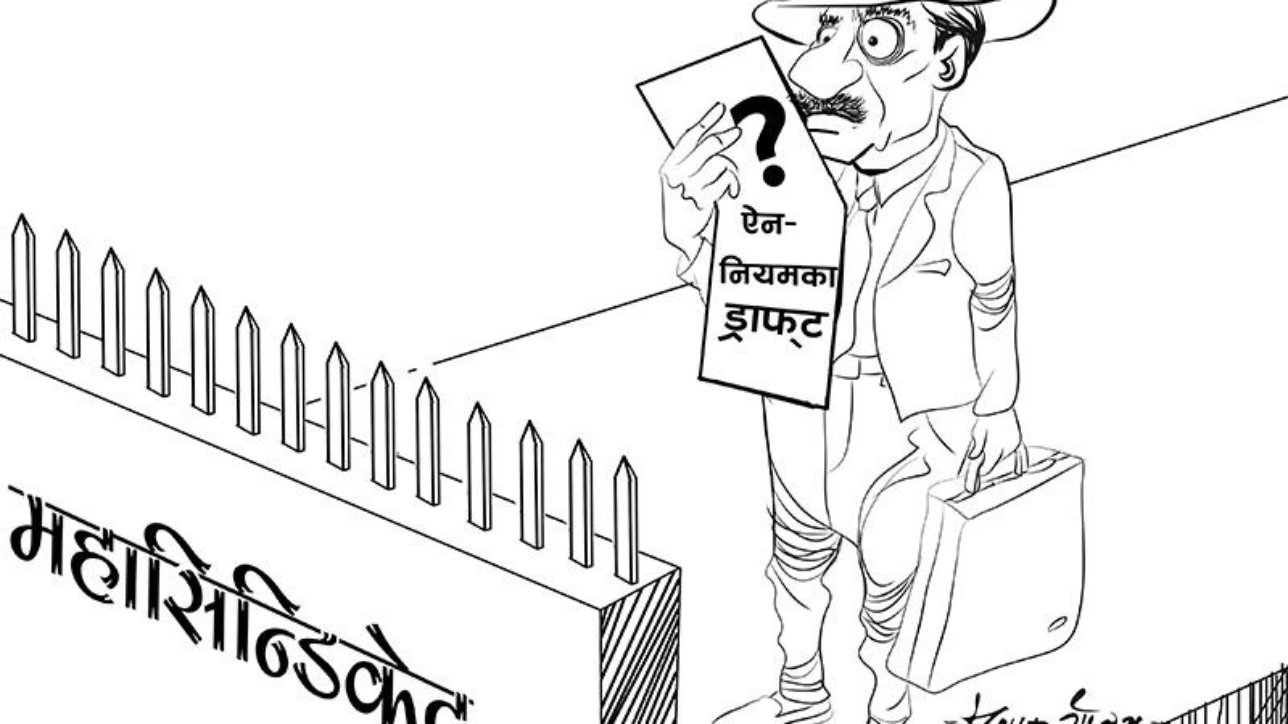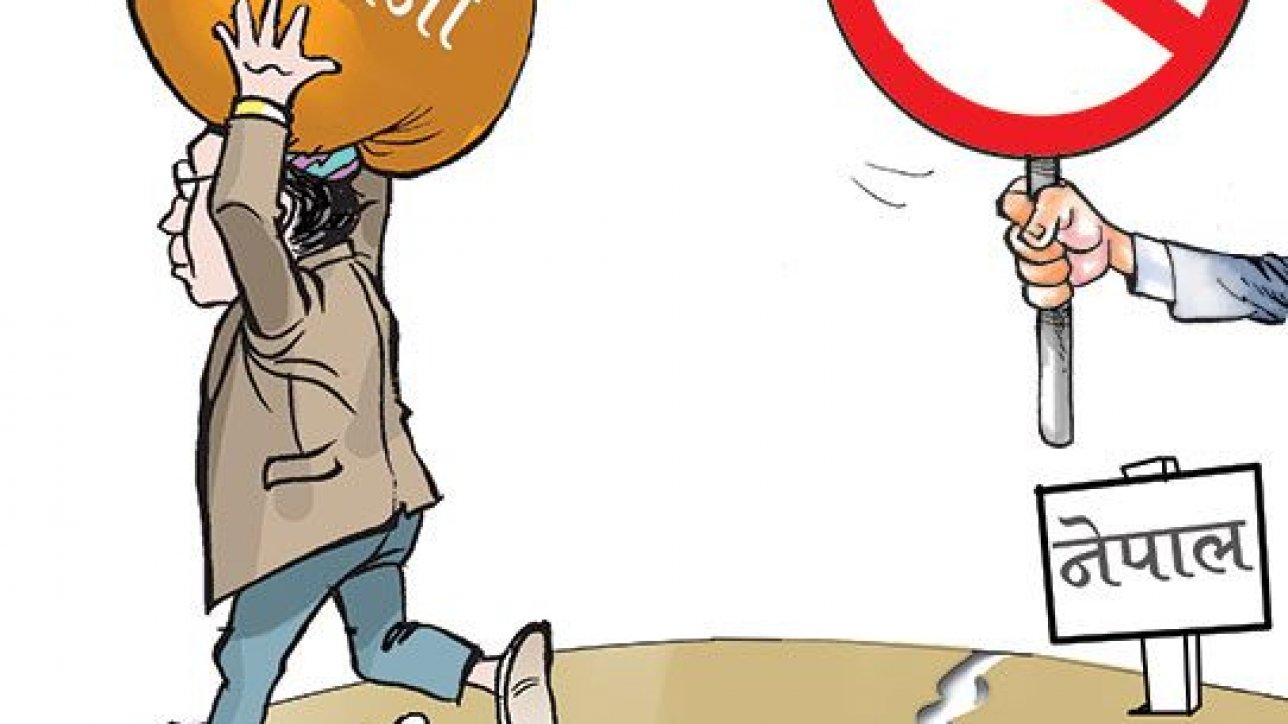A fresh perspective is needed on how we market our country to the world.
There was a high level breakfast roundtable moderated by Wall Street Journal columnist, Sadanand Dhume, on the sidelines of the recently concluded Nepal Investment Summit 2019. Dhume had a very simple question to ask: ‘If there are people who have never heard of the country Nepal, how will you introduce your country?’ It was a simple question, but it made many ponder on how best to answer. While young Nepalis are slowly changing the way Nepal is introduced to the world, many of those in leadership positions continue to portray Nepal as a poor country, sandwiched between China and India. The rent-seeking rulers and leaders, combined with the power and resources of poverty-brokers, have left a long-lasting, negative imagery. I heard people speak with foreign delegates about Nepal, and it was tough for them to provide a positive narrative. Ofcourse, they were good to talk about the business they do, yet were never short of complaining. For instance, on the sidelines, bankers continued to talk about how regulators are a big problem. But one of the foreign investors threw back: ‘What are you doing about it?’ He was very firm—if you have good bankers around they will surely push regulators to transform.
It was sad to see Nepalis not being able to talk to foreign delegates about their own food, culture, religion or history. When a delegate would ask about a particular popular food item, few could actually describe what was in it. When someone was asked about when Patan Durbar Square was built and what the palace complex contained, people could not provide convincing answers. Infact, there were many Nepalis in the group who did not actually know about the Patan Museum, forget about visiting it. It seems that we, in our quest to be inward-looking, and in insulating ourselves to the views of persons with similar mindsets, have forgotten how to speak to the outside world. Over the decades, perhaps we have rent-seeked on selling the problems of Nepal, and consequently have forgotten how to articulate the positives of the country. At the summit, people did not know how to introduce Kathmandu, despite it being a historical cosmopolitan with an unmatched culinary experience. Neither could they explain the natural beauty surrounding the Valley that one can experience by traveling just a short distance.
In need of writers
It is always tough to write on business and the economy. It requires passion for reading and research—both habits not common here. We have witnessed business journalism relegated to event reporting. The politics around cartels have become juicy fodder. And, of course, it becomes easier to write about product launches. News of the launch of new ATM machines have been the imagery of economic progress that young Nepalis have grown up with. The difficulty of writing about business and economics in our official language makes one drift towards writing about individuals and organisations, or quasi-advertorials of products and services. Thanks to this practice, we saw very little analysis emerge about the investment summit. Apart from some media devoted to business and economics, and a few that engage in investigative journalism, there is little one can read that contains incisive analysis backed by research. Some of the journalists who have the capability to produce quality content over time join lucrative positions in international organisations and become bureaucrats managing administration, rather than focusing on their real skills of research and articulation.
Perhaps for Nepal to push the narrative of transformation, we need more people who are studying business and economics to start off as reporters, investigative journalists and columnists to provide stories that are backed by data. When I was moderating a session on financing infrastructure development at the summit, I talked about how Nepal needed an investment amount of over $110 billion in infrastructure. The Germany-based Allianz fund talked about how they are investing over $600 billion in 70 countries. Later after the meet, one of the cartel members told me that I had got my numbers wrong—I had apparently added an extra zero—that I was selling too much of positivity! In an environment like this, we need more data, information and interpretation. Therefore, we need more people to conduct this analysis and write in English, Nepali and local languages too.
Transformation in discourse
When Unleashing Nepal was published ten years ago, and I went around talking about my book, people thought that I was selling a pipe dream. Ten years later, at the Summit, I heard echoes of many of the issues I had raised. These opened up discourses that were aimed at generating investments. From a country that is usually happy discussing current problems, here was an effort to look at the future.
Everyone must have realised that money is not the problem. Rather, it is the recalibration of the mindset of people in politics, bureaucracy, business and professional organisations. There has to be this big transformation in the way we talk about Nepal, and the way we sell Nepal as an investment destination. Also, we have to better our record of implementation. Three months later, I will be examining these issues again. Hope remains that there will have been substantial progress for me to to start a meaningful conversation.
https://kathmandupost.ekantipur.com/news/2019-04-09/unleashing-transformation.html










